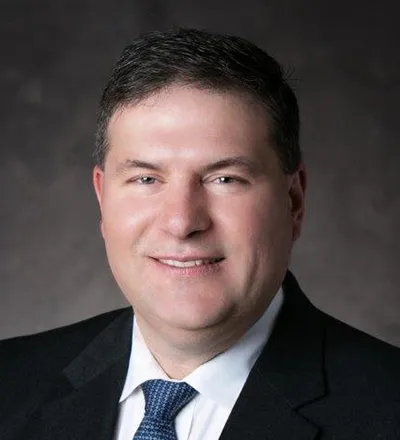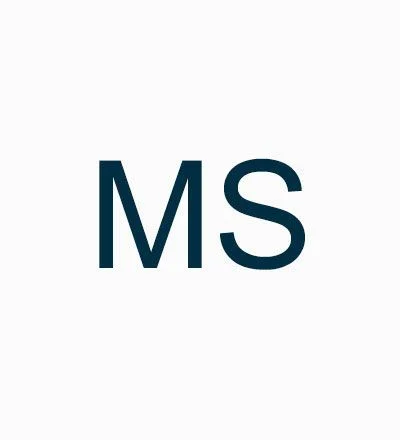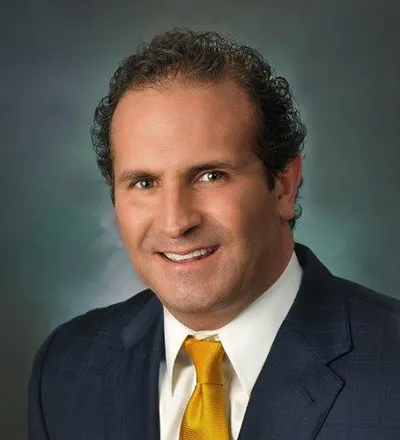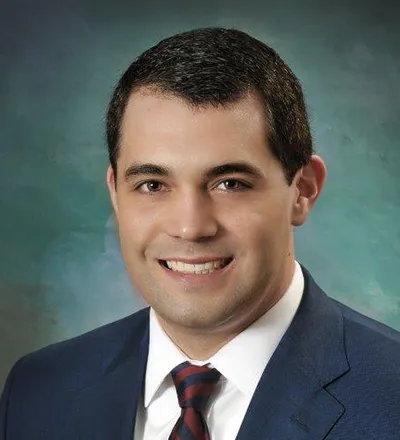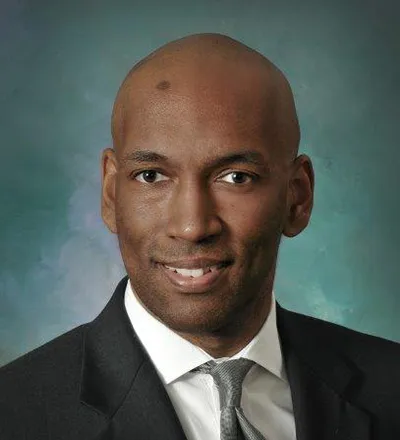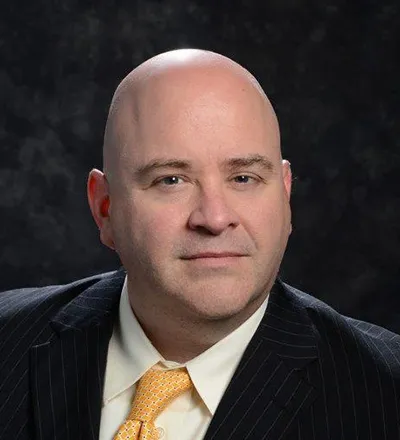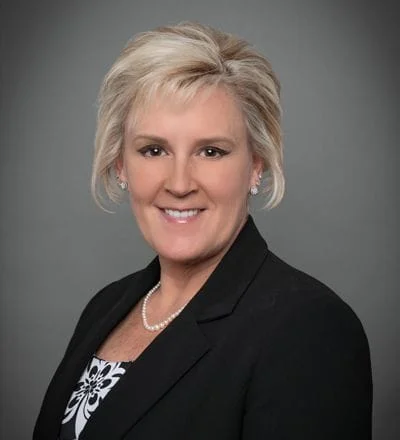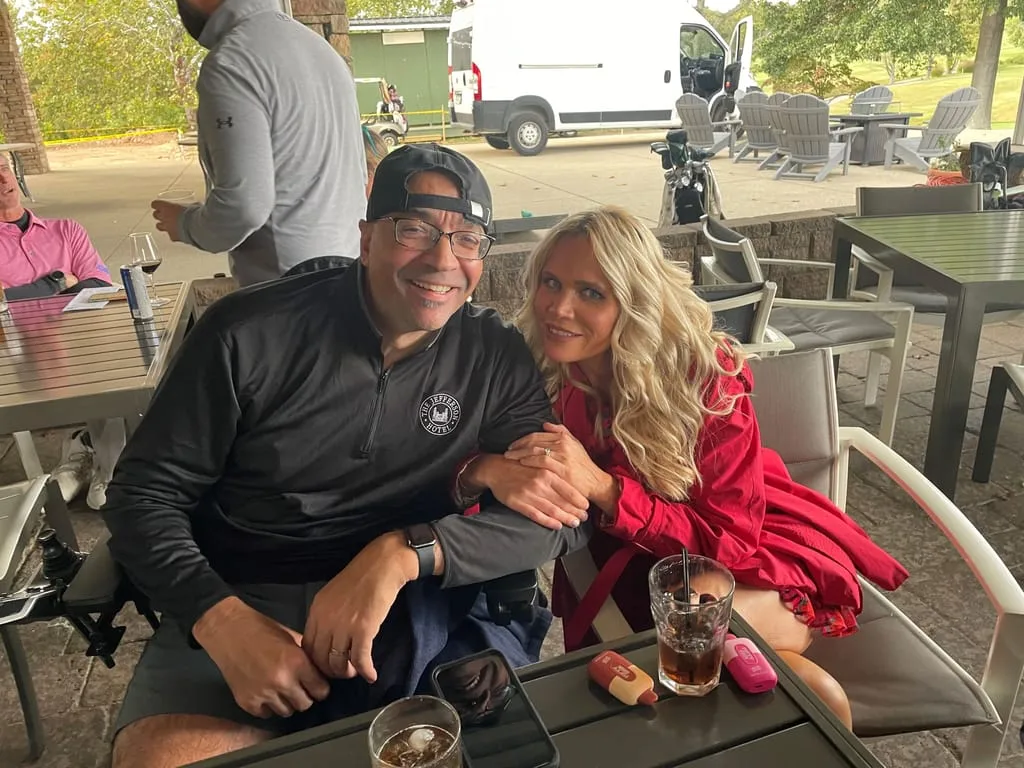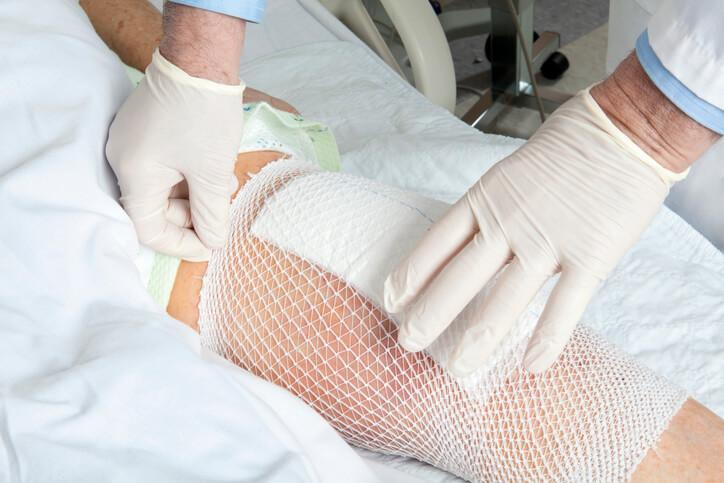
- posted: Mar. 27, 2017
Surgical mesh lawsuits filed throughout the United States have led to major liability for manufacturers of medical devices. However, in certain jurisdictions, the “feasible alternative” requirement can make it much more difficult for plaintiffs to win these cases. Applying West Virginia state law, the U.S. District Court for the Southern District of West Virginia ruled last December that plaintiffs must demonstrate that a safer alternative existed to the allegedly defective pelvic mesh that they used. This interpretation of West Virginia law is not only important for the multidistrict mesh litigation, but also for other strict liability design defect cases.
States differ on whether a feasible, safer option must be shown in cases of allegedly dangerous defects, but the court in Mullins v. Ethicon, Inc. relied on West Virginia’s pattern jury instruction to issue an order stating that plaintiffs must show that the defendant surgical mesh manufacturer had an alternative design that was:
- Practical — Simply showing that some other type of design was possible is not sufficient in a jurisdiction that requires proof of a safer alternative. The safer option must have been feasible, which can take into account cost and marketing considerations.
- Available at the time of manufacture — A product maker’s ability to use a different design is judged from the time the device was made, not at the time of the litigation.
- Capable of eliminating the risk that injured plaintiff — It is not enough for plaintiffs to show that an alternative design would not have injured them. They must also demonstrate that the other option would not have posed the same type of injury risk.
If your medical device company is facing a products liability claim, an accomplished attorney can advise you of your legal options. Pullin, Fowler, Flanagan, Brown & Poe represents large and small companies in West Virginia, Ohio and Kentucky. To schedule a consultation, call 304-344-0100 or contact us online.












